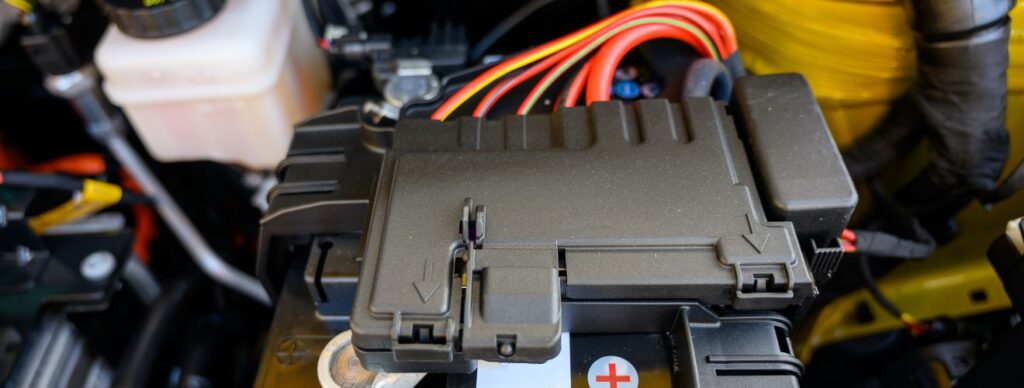Did you know that Porsche opened its first Ev charging lounge in Germany? The lounge features six high-speed charging points, each of which can deliver up to 350 kW of power. This means that an EV dri
Skip to content
Flash Blogs
- Unveiling the Exciting Updates and Performance of the Acura 2024 TLX
- Driving Relief: Ontario Gas Tax Reduction Extended Amid Economic Challenges
- Unveiling the Speed Demons: Which EV Charger Is the Fastest?
- What Is Needed For Car Loan Eligibility?
- Unlocking the Mystery: How Long Can Car Tyres Last?
- What Brand of Tires Should I Stay Away From? Expert Advice and Recommendations
- 2025 Countryman SE ALL4: Mini’s Eco-Friendly Move
- 2025 Audi A3 Sedan: Unveiling Subtle Updates and Customizable Features
- Exploring Factors and Solutions For Why Car Loan Rates Are So High
- Electric Vehicle Myths Debunked: Separating Fact from Fiction
- Tesla Self-Driving Explained: What You Need to Know
- How Much Car Registration Renewal Costs: A Comprehensive Guide
- Exploring the All-New 2024 BMW X2: A Stylish Upgrade Over X1
- Jeep Price Drop Signals Brand Transition Ahead of EV Launches
- How Do Car Interest Rates Work?
- Unveiling the Mechanics: How Electric Car Transmission Works
- How to Detail Your Own Car Like a Pro – Tips and Tricks
- Unveiling the 2025 Kia K5: Engine Upgrades, Innovative Tech, and Bold Lighting Scheme
- When Does Drive to Survive Come Out?
- How Car Loans Works: Understanding the Mechanics
Saturday, July 27





